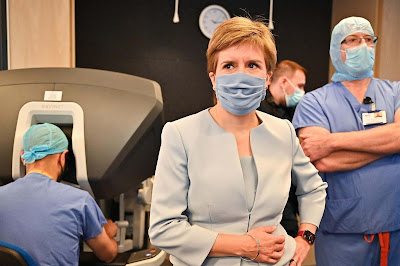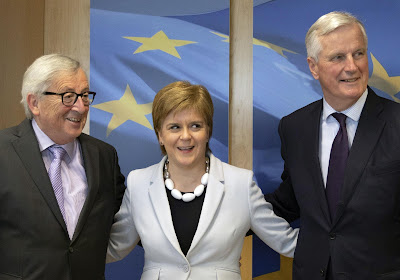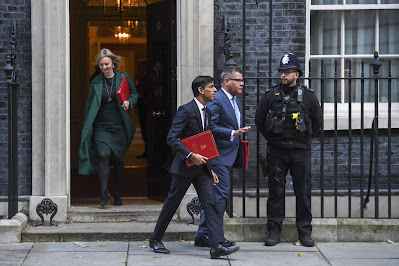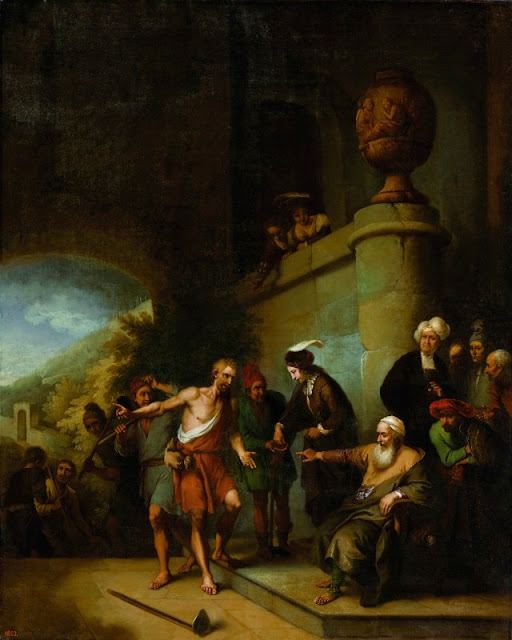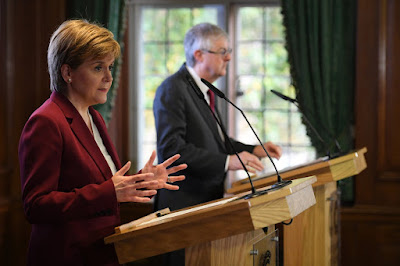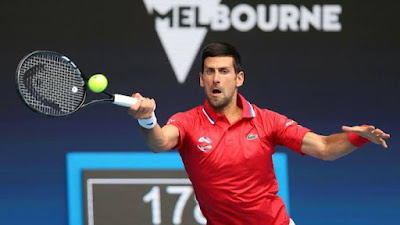As Mr Putin lines his tanks up along the border of
Ukraine, it remains to be seen whether he will use them to invade or whether he
is merely bluffing. But whether he invades or doesn’t there is a cost involved
in all these tanks and soldiers being kept there. There is financial cost, but
there are other costs too. The focus of the Russian government at the moment will
be almost exclusively on planning what to do or not do with these tanks.
So too as Nicola Sturgeon moves her metaphorical tanks
once more to the border with England ready at a moment’s notice to create an
international border, there is a cost involved whether she is seriously
intending to hold an independence referendum during 2023 or indeed if she is
bluffing.
The SNP intends to hold a vote in the Scottish
Parliament on an independence referendum. Sturgeon also will appoint a group of
civil servants to come up with another independence plan. There is a cost to
this, though given that the civil servants are employed by the British taxpayer
it may not be paid by the SNP. But the more important cost is that Sturgeon and
every other SNP MSP will be focussed this year and next on doing what they can to
at least give the impression that they are planning for an independence referendum.
It may well be the case that they are doing nothing of
the sort. It is very hard to get at what is really going on in the minds of
people like Sturgeon. There are few if any leaks. It may be that she is as keen
as the most fanatical Scottish nationalist to have a repeat of 2014 as soon as
possible. It may on the other hand be the case that she keeps promising a referendum
next year without seriously thinking that there will be one. But the cost to
Scotland is the same.
Just as the Russians cannot easily be getting on with
helping Russia recover from the effects of Covid on the Russian economy, while
they have their tanks on the border of Ukraine, so too Sturgeon attention will
not be on helping the Scottish economy to recover from Covid, but rather on constitutional
issues.
She may claim that she can focus just as much on helping
Scotland recover while planning to separate it from the UK, but she is frankly looking
rather tired and the SNP and its followers can only really ever get
enthusiastic about one issue and that issue is neither schools nor hospitals.
The Scottish economy has been rather more damaged than
some other parts of the UK because Sturgeon when faced with a choice always chose
the most restrictive option. She is not going to change. If there is a new wave
of Covid later in the year, we can expect her back on the TV telling us what to
do. She plans for us to be compelled to wear masks for years.
But Sturgeon promised that there would not be an independence
referendum until the pandemic was over. How can the pandemic be over if we are
still forced to wear the masks that began wearing a few months after the
pandemic began? Either it is safe to go the shops without a mask or it is safe
to hold an independence referendum. Alternatively, we must conclude that
wearing masks is not about preventing the spread of illness, but rather about Sturgeon
retaining control over the Scottish public.
There is uncertainty at the moment about how Covid
will develop. There is also uncertainty about areas of the economy such as
tourism and hospitality. Many of us are going to continue working from home at
least some of the time and the SNP wishes to encourage this as it will cut down
the use of fuel for transport. But this is already a very radical change to the
nature of work. It will have consequences for property ownership of offices in
cities. It will have consequences for busses and trains and for shops and pubs
in city centres.
The SNP then wishes to add to one of the greatest
uncertainties facing the Scottish economy in decades, the uncertainty about
whether we will still be part of the UK in a few years. This is a rather riskier
adventure than even Putin’s tanks invading Ukraine, because there is little
doubt that Putin will win in the end at least in the short term.
It is hard to imagine a worse time for Scotland to
choose to be independent. The Scottish economy depends on a ventilator
controlled from number 11 Downing Street in order to stay alive. It pumps in pounds
and Sturgeon spends those pounds while planning to switch off the ventilator. Perhaps
the civil servants writing their cunning plan will tell us where they are going
to get those pounds after the switch off. Perhaps they might also tell us if an
independent Scotland would intend to pay back the money that kept us alive.
Until the SNP has a credible plan for how it would replace
the money Scotland now receives from the UK Treasury, then the only honest civil
servant plan must conclude that independence would make us all massively
poorer. By all means ask the Scottish people in a referendum “Do you want to be
poorer?”. It could even have a Yes/No answer and we could have it next month
rather than next year.
But until intelligent informed Scots can credibly view
independence as at least economically neutral, we must conclude that Sturgeon
is bluffing. She will know that her civil service report would be analysed
during a campaign not merely by independence supporters, but by the best
economic minds in the country. If it fails to make a credible case for
switching off the economic ventilator, then it is highly likely that the
Scottish electorate will vote to continue breathing.
But we all have to go through the charade of the next
year because Sturgeon is controlled by Scottish nationalist voters who would prefer
choking on their own phlegm and dying in a free Scotland to our sharing a
country with English people.
